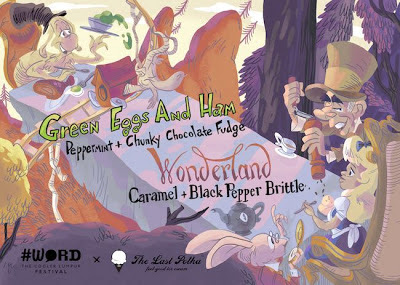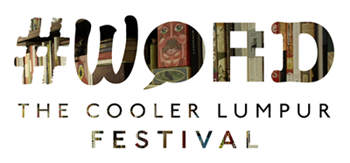China's education system, which in many ways reflects ancient Confucian principles, places an overwhelming emphasis on memorization, recitation, and examination. Courses in critical thinking largely do not exist and students are not encouraged to engage in rigorous debate in class.
These entrance exams are considered a level playing field, where children of peasants can trump the scions of government officials and Communist party strongmen. But when an education system "places an overwhelming emphasis on memorization, recitation, and examination", I suppose, from the disturbing Telegraph report, that a culture of cheating to pass exams has broken and will break attempts to re-introduce order and fairness in a merit-based arena.
Even the parents in that report are upset that their children are not allowed to cheat. What else can that say other than, "holy crap"?
Though cheating isn't rampant in our own exam halls, much has been said about our education system, from the dumbing down of the syllabus to the quotas. Yet this isn't enough for an NGO, who is calling for the abolishment of meritocracy in education to "return justice" to certain students.
The notion that meritocracy should be scrapped because it 'empowers' others is absurd. Not all students score big in exams, either. Me, for instance.
In the NST, Professor Emeritus Tan Sri Dr Khoo Kay Kim lamented the damage our rote learning-based, result-oriented education system has done to the understanding of this nation's history.
"When I asked who was Tun Tan Cheng Lock, they just smiled and did not know the answer," the historian said during a conference, on students' 'excellent' history scores, despite not knowing who one of the founders of MCA was. "Some of them don't even know the history of their own school."
It's been a long while since I attended a history class, so my memory on this is sketchy. But if the system is as broken as Tan Sri Dr Khoo says it is, eliminating any form of meritocracy from the system can only make things worse than they already are.
Will the powers that be ignore well-meaning calls for a proper implementation of a school syllabus, like the one from this letter writer on how history should be taught and why it's important? More importantly, will the points this Dr Ranjit brought up be taken into consideration?
At least, if we can get a merit-based system right, we can claim to be better than China in that regard.
Categories:
Uncategorised


